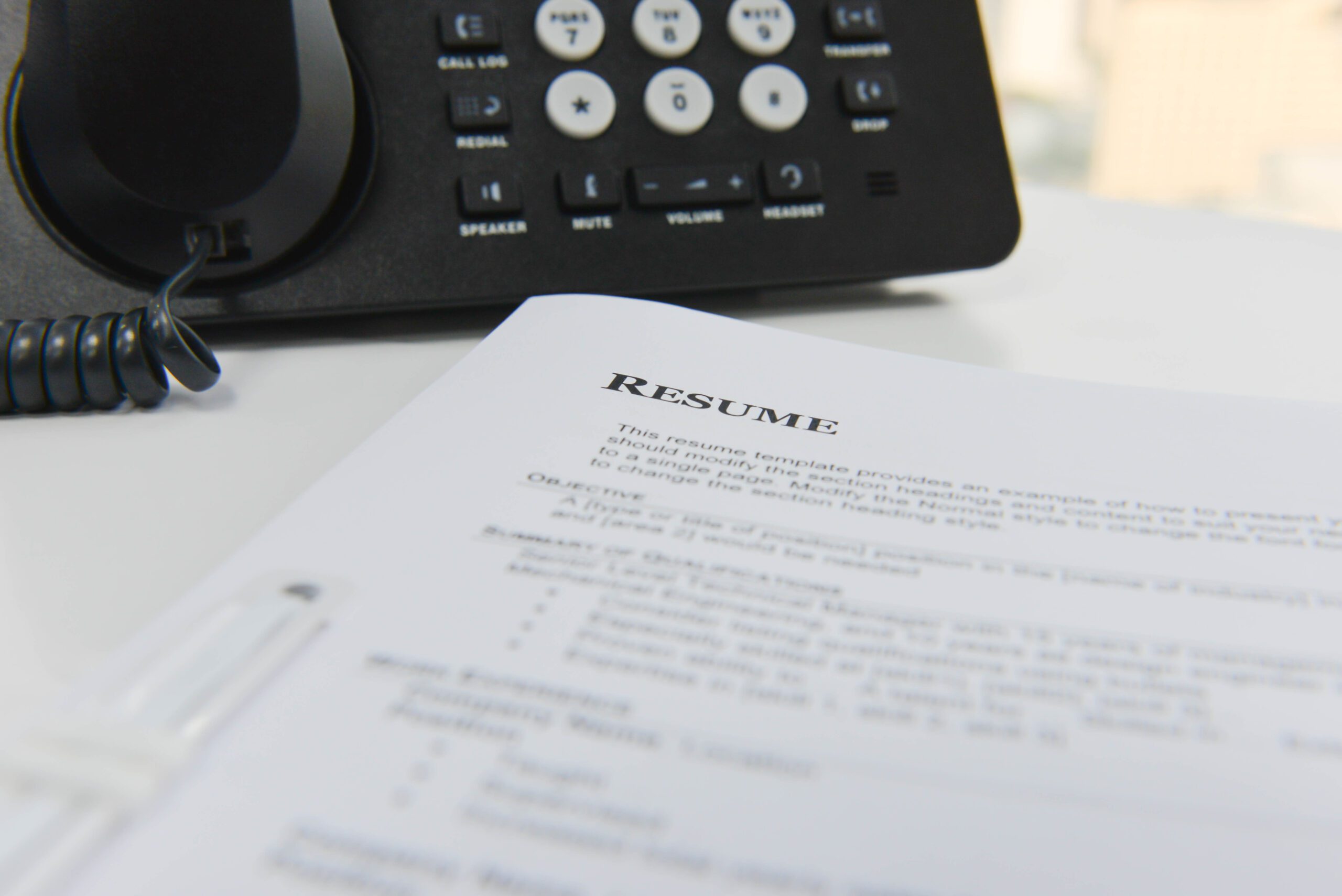
There is no doubt that the interview is the most valuable piece in a hiring process, but reference check can be a close second for many reasons. Isn’t the main goal of an interview process to confirm the person’s skills, knowledge and abilities? And what about internal reference checks? Do you perform them when an employee applies for a different position within your organization?
It is very important to qualify a person before putting them into a job. Especially in today job market, you want to be sure you are choosing the person who is best qualified to be successful. One of the best tools to accomplish that task is the reference check.
By confirming things like experience, job titles, education, as well as confirming the dates of employment, you may have a better chance of making a good hiring decision. Most professionals will agree that a predictor of past performance is an indicator of future performance. So, it only makes sense to check on past performance in as many ways as you can.
A few things to keep in mind before you pick up the phone:
- The same discrimination laws that apply to the rest of the interview process also apply to checking references. Refrain from asking questions that relate to a candidate’s status in a protected class such as his/her race, color, religion, sex (including pregnancy, gender identity, and sexual orientation), national origin, age, and any disability or genetic information, among other things. Everything you are asking needs to be directly related to the candidate’s ability to be successful in the position.
- When you decide if you want to conduct a reference check, be consistent. Perform them on everyone or do not perform them on anyone. If you choose to perform them then make sure you are conducting them all consistently. Use the same format when documenting information or if you are verbally passing on information to the hiring managers. In other words, give the information in the same way.
- Ask the candidate for at least 2 to 3 references. Most organizations want professional references; however, you may prefer some personal references, as well.
- Prepare behavioral-based, open-ended questions. Avoiding ‘yes and no’ questions will give you more information about the candidate. An example would be to ask how the candidate would describe his/her performance rather than just asking if the candidate performed well (yes or no).
Making the calls:
You will want to introduce yourself to the reference, stating the reason for your call. Then ask if the person can spare a few minutes of their time to talk with you. (You want to let them know their time is valuable to you and you are not going to waste it). Give the reference a quick understanding of the job you are filling, so that they will have a context for their responses. It also might be best to say something positive about the candidate and why they are being considered for this role. That way, if the reference has any sense of loyalty to this candidate, they will be more comfortable sharing the needed information.
Have 6-10 questions ready. If the conversation flows freely, continue through your questions. But if the reference acts bothered, then ask only the most important ones. (You don’t want to waste their time sorting through your questions).
What to ask about an external candidate:
- “What was your relationship with the candidate?” (You want to confirm if this is a personal reference or a professional one.)
- “Tell me a few things about the candidate.” (This will start the conversation flowing and break the ice.)
- “How long did the candidate work with you?” or “How long have you known the candidate?” (If they have not had a long enough experience with the candidate, the information they provide may not be as useful.)
- “What were the candidate’s responsibilities and did they successfully performed them?” (If the reference isn’t sure what the candidate did, their assessment of that candidate’s performance will be less significant.)
- “What were his or her strengths?” and “Were there areas that required improvement?” (This will give you a good idea of what challenges the candidate may have in your position.)
- “If you had the opportunity, would you re-hire this candidate? Why?” (This question is valuable because, if they would not re-hire the candidate, there is usually a good reason. You may be able to discover that as you talk.)
- “Was the candidate a valuable member of your organization? Why?” (Of course, if the reference feels they were valuable, you will get some information as to why.)
- “Why did the candidate leave your company?” (This is always very helpful information as past behavior often predicts future behavior.)
After you have gathered the information, be sure to thank them for their time.
Regarding internal reference checks:
You process here will be very similar to the process for an outside candidate. But in this case, you should start by having a policy that clearly informs your employees that it is part of your company’s application process for internal movement. Let them know that they will be expected to give two or three in-house references are part of the process. It makes sense considering the goal is to hire the most qualified candidates, whether they are found within the organization or not.
If you are an employer with any HR concerns, please send an email to HRhelpline@eastcoastrm.com or contact an insurance advisor at Evarts Tremaine today.
Disclaimer: The information provided on this web site is for informational purposes only and not for the purpose of providing legal advice. Use of and access to this web site does not create an attorney-client relationship between East Coast Risk Management or our employment attorney and the user or browser.
Reposted with permission from East Coast Risk Management

